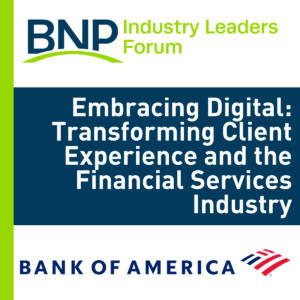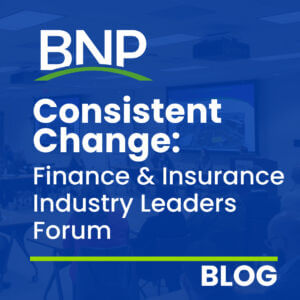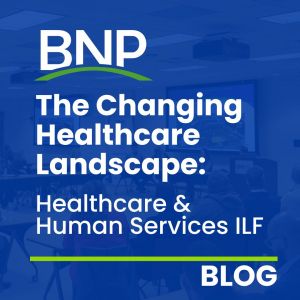Choosing innovation that will last: The BNP Tech Industry Leaders Forum
The Partnership
March 25, 2025
Blog Categories
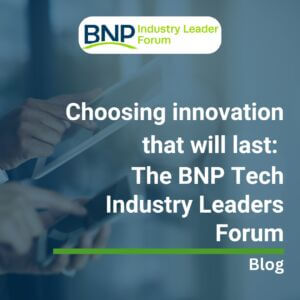
Buffalo Niagara's tech sector is experiencing significant growth, with a 21% increase in tech job growth over the past decade, contributing $2.8 billion to the local economy.
For area businesses part of the region's emerging tech hub, staying ahead means embracing cutting-edge innovation that is also sustainable.
On Feb. 13, the Buffalo Niagara Partnership convened top tech leaders for the 2025 Tech Industry Leaders Forum (ILF), examining environmental, social, and technological sustainability strategies that are shaping the future of the industry and the economy.
The Challenge: Sustainability in a rapidly changing tech landscape
The conversation revolved around the ways sustainability intersects with technology, raising key questions like:



Expert insights from industry leaders
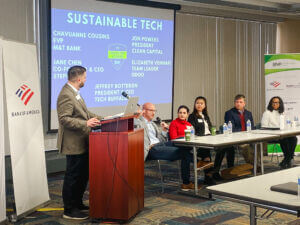 A distinguished panel of Buffalo Niagara’s tech and business leaders provided valuable perspectives on the evolving role of technology in sustainability:
A distinguished panel of Buffalo Niagara’s tech and business leaders provided valuable perspectives on the evolving role of technology in sustainability:
- Chavuanne Cousins, EVP, Sustainability, M&T Bank
- Jeffrey Botteron, President & CEO, TechBuffalo
- Jane Chen, Co-Founder & CEO, Stepwise
- Jon Powers, President, Clean Capital
- Elizabeth Vennari, Team Leader, Recruitment & Strategic Initiatives, Odoo
Panelists discussed the growing role of sustainable finance and investment strategies, the importance of green infrastructure and energy-efficient technology, and how workforce development plays a critical role in preparing businesses for the future.
Why it matters

The Buffalo Niagara region is positioning itself as a hub for technological innovation, with sustainability at the heart of that transformation. As companies adopt new AI-driven efficiencies, energy-saving solutions, and sustainable business models, they help create an ecosystem that benefits not just businesses, but the entire WNY regional economy.
The 2025 ILF series will continue to tackle the common tie of sustainability across industries, bringing together business leaders to collaborate, strategize, and problem-solve around the most pressing challenges in manufacturing, healthcare, small business, finance, and more.


Related Posts
Embracing Digital: Transforming Client Experience and the Financial Services Industry
Discover how Bank of America is leading the charge in digital transformation for Western New York businesses. By embracing innovative technologies and data-driven strategies, we’re enhancing client experiences and positioning the local financial services industry for success in 2025 and beyond.
3 key takeaways from the ILF Economic Development Summit
Blog Back to Our Blog Blog Categories September 30, 2024 3 key takeaways from the ILF Economic Development Summit The Buffalo Niagara Partnership’s 2024 Industry Leaders Forum series culminated Sept. 26 with its second annual ILF Economic Development Summit. More than 100 professionals across various sectors of the local business community gathered at The Barrell…
Consistent Change: The BNP Finance & Insurance Industry Leader Forum
Our Finance and Insurance Industry Leader Forum convened to discuss navigating consistent changes and regulatory shifts in both sectors. Our speakers led meaningful conversations on the state of their industry, relevant government advocacy updates and how the application of technology is shaping the future.
The Changing Healthcare Landscape: The BNP Healthcare & Human Services Industry Leaders Forum
With healthcare and human services at an inflection point, our Industry Leaders Forum convened to discuss a future-focused healthcare system, incorporating new technologies for service reliability, and the system changes needed to sustain responsible healthcare services in our community. Read the recap.

